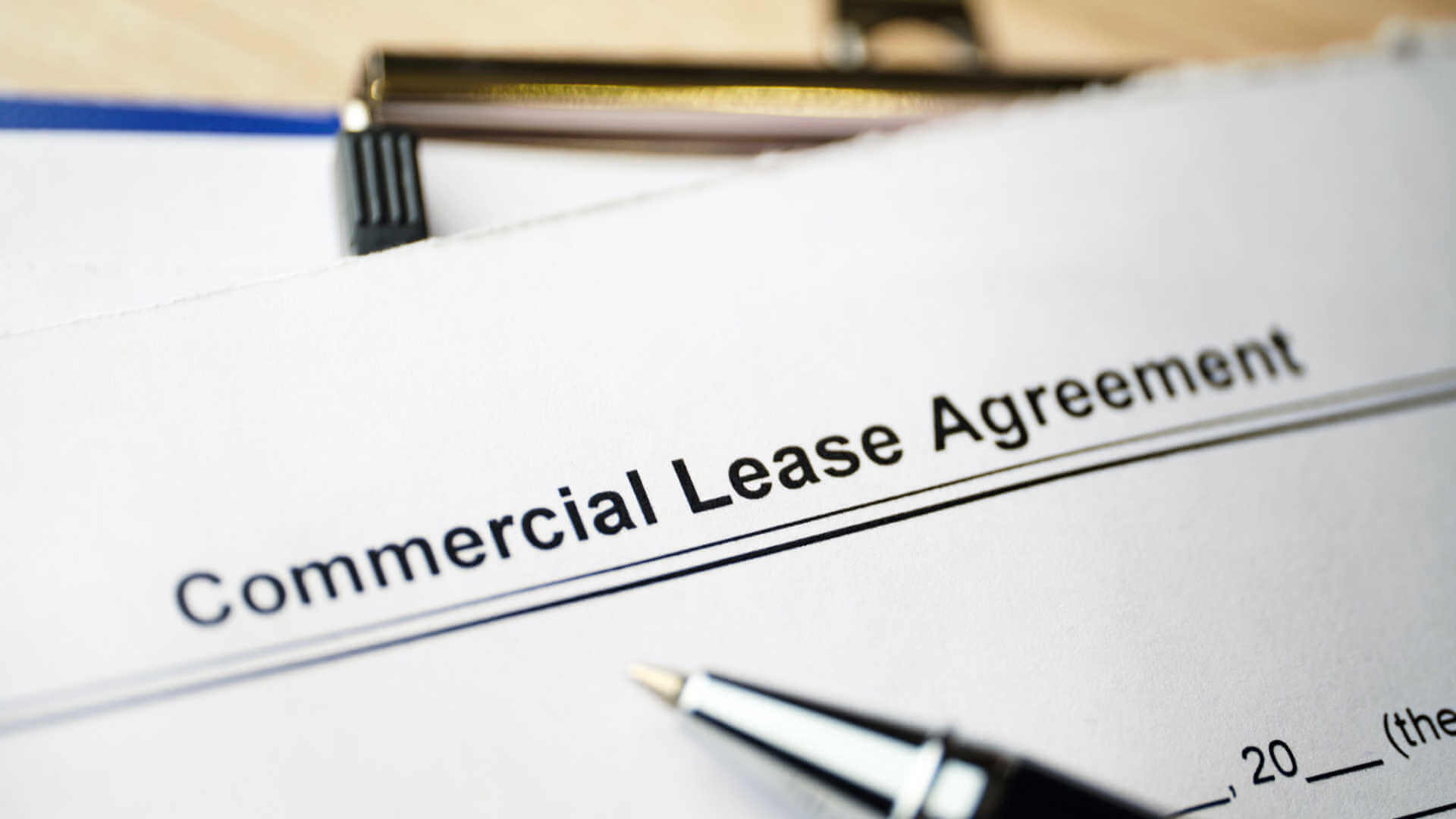
A real estate agent is a licensed professional who acts as an intermediary in real estate transactions, representing either buyers or sellers. They possess in-depth knowledge of the local market, property values, and legal regulations.
Key Responsibilities
- Buyer Representation:
- Guiding buyers through the home-buying process, from initial searches to closing.
- Helping buyers find properties that meet their needs and budget.
- Negotiating purchase offers and representing buyers’ interests.
- Assisting with property inspections, appraisals, and other due diligence.
- Seller Representation:
- Marketing properties effectively, including staging, photography, and online listings.
- Negotiating the best possible price and terms for sellers.
- Guiding sellers through the closing process.
Benefits of Working with a Real Estate Agent
- Market Expertise: Agents possess in-depth knowledge of local market trends, property values, and neighborhood characteristics.
- Negotiation Skills: Skilled negotiators can help you secure the best possible deal, whether you’re buying or selling.
- Access to Resources: Agents have access to a wide range of resources, including the Multiple Listing Service (MLS), which provides access to a vast database of properties.
- Reduced Stress: Navigating the real estate agent can be complex and stressful. A good agent can provide guidance and support throughout the entire process.
Choosing the Right Agent
- Interview Potential Agents: Interview several agents to find someone who aligns with your needs and communication style.
- Check Credentials: Verify the agent’s credentials and ensure they are licensed and in good standing with their respective real estate board.
- Read Reviews and Testimonials: Research agents online and read reviews from past clients to gauge their reputation and client satisfaction.






